Validity period of antibody produced by COVID-19 vaccine
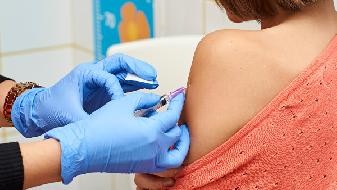
The validity period of COVID-19 vaccine is usually more than half a year. First, COVID-19 vaccine has been tested on some animals, and the antibody lasts for more than 6 months. Secondly, the people who have recovered from COVID-19 will continue to have antibodies more than 6 months after discharge.
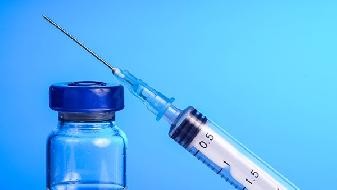
Vaccination of COVID-19 vaccine should be carried out in local regular medical institutions as far as possible to avoid side effects and even serious adverse reactions caused by blind vaccination. Although the body has developed antibodies after vaccination, it is still necessary to take self-protection measures and avoid going to crowded public places. Strengthen exercise appropriately to enhance the body's ability to resist diseases.
Even if the effective period of the COVID-19 vaccine is really short, we can extend the effective period of the vaccine through improvement. The most typical approach is to use vaccine adjuvants. For example, common inactivated vaccines contain adjuvants, including aluminum hydroxide adjuvants. Other technological routes of vaccines, such as recombinant protein vaccines, also add adjuvants.
We should know that it is still in the period of novel coronavirus epidemic. It is an acute respiratory infectious disease with strong infectivity, which is mainly transmitted by droplet and contact. At present, wearing a mask, washing hands frequently and keeping a proper social distance are still the best protective measures. Even after being vaccinated with COVID-19 vaccine, it is recommended to remain vigilant. Since it takes a certain amount of time to produce antibodies after COVID-19 vaccination for oneself, and it also takes a certain amount of time for the collective to get enough people to vaccinate and produce antibodies, it is recommended to wear a mask after COVID-19 vaccination.
Antibody production principle of COVID-19 vaccine
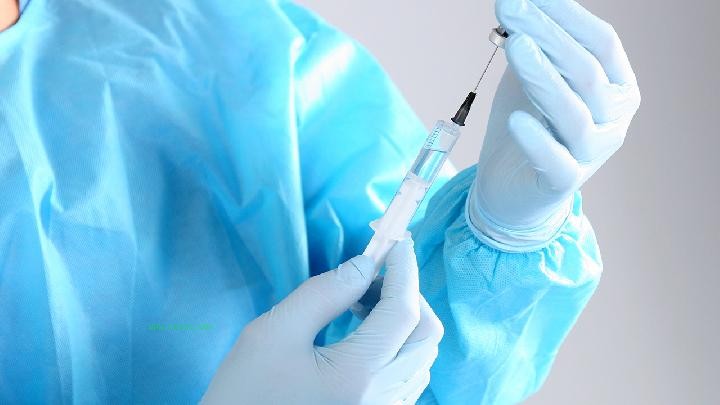
After COVID-19 vaccination, the human immune system mainly has T lymphocytes and B lymphocytes to play a role, mainly to recognize, trigger immune memory and resist viruses or bacteria. After we receive the vaccine, we will form an immune memory. When this immune memory encounters the same pathogen, it will quickly produce antibodies, which can eliminate the pathogen and prevent diseases. According to the previously published literature on COVID-19 inactivated vaccine, the time of effect is mainly two weeks after the second dose of vaccine. A small portion of the population may still experience common general reactions, such as soreness, swelling, pain, etc., about 24 hours after vaccination. Due to individual differences, fever, fatigue, headache, etc. may occur for a very small number of reasons, and generally do not require treatment. Most cases can recover on their own after 2-3 days. At present, no serious adverse reactions related to the vaccine have been detected. Due to the specific properties of the components contained in the vaccine, it may induce allergic reactions, which is one of the specificities of the vaccine itself. The adverse reactions caused by this do not represent problems with the quality and safety of the vaccine itself.

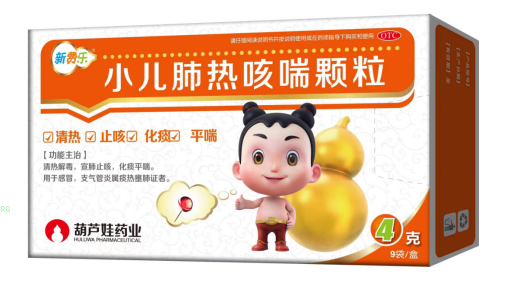
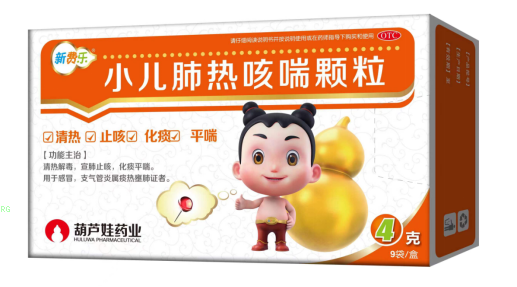
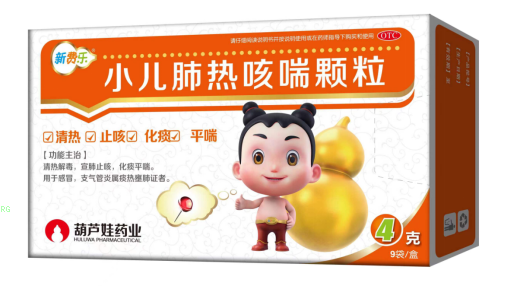


Comments (0)
Leave a Comment
No comments yet
Be the first to share your thoughts!